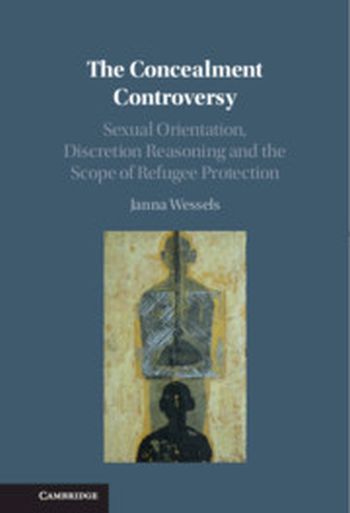
The idea that a claim for international protection can be rejected on the basis that the claimant behave 'discreetly' in their country of origin has remained resilient in asylum claims based on sexual orientation, but also other grounds of claim. This is significant because requiring an asylum-seeker to forgo the reason for which they are persecuted questions the very rationale of refugee protection. This book represents the first principled examination of concealment in refugee law. Janna Wessels connects the different strands of the long-standing debate in both common and civil law jurisdictions and scholarship concerning the question of whether and under which circumstances a claimant must conceal to avoid persecution. In so doing, Wessels uncovers a fundamental tension at the core of the refugee concept. By using sexuality as a lens, this study breaks new ground regarding sexual orientation claims and wider issues surrounding the refugee definition.